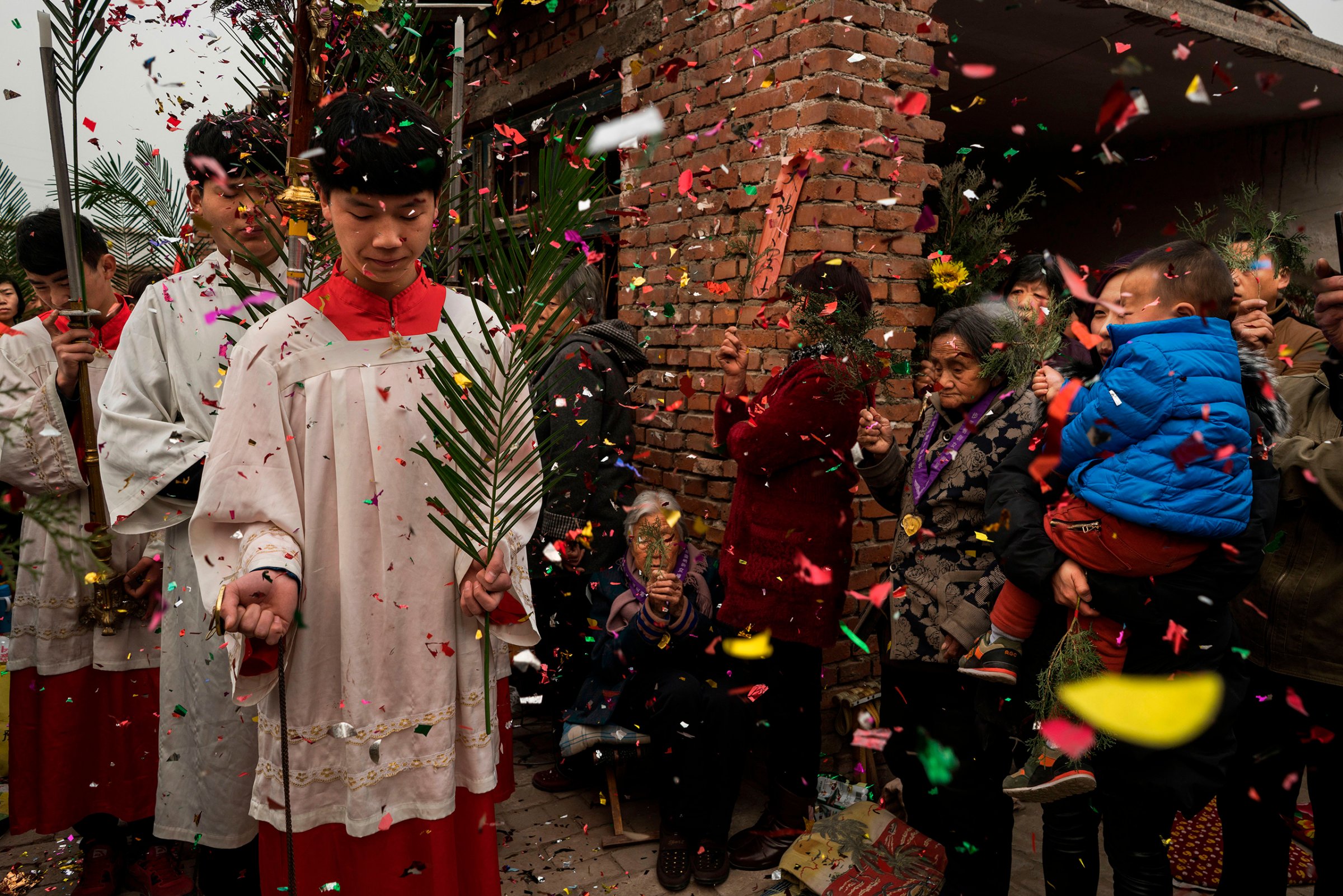
Faith springs from even the most barren ground. Amid desiccated farmland and factories casting fumes into the sky, a flock of worshippers celebrates Holy Week. Altar boys parade with palm fronds, a priest swings a thurible, a young woman joins her hands in prayer.
These are emblems of Catholic devotion worldwide. But this 1,000-strong congregation in northern China’s Hebei province is illegal. Officially atheist, China’s ruling Communist Party only allows religion to operate within tightly controlled parameters. An entity called the Chinese Patriotic Catholic Association is allowed to exist but it does not recognize the Vatican’s authority and must hew to the Chinese government’s command. For roughly half of Chinese Catholics, such a cleaving from papal authority cannot be. So these faithful worship in so-called underground churches that face a constant threat of closure or even jail time for their priests.
Photographer Adam Dean, who has lived in China for eight years and has also documented the nation’s minority Muslim population, captured the liturgy of the Hebei flock under the guidance of priest Dong Baolu. Once, half of this village was Catholic, the result of foreign missionaries who spread the faith deep into the furrows of rural China. But the 1949 communist revolution, along with devastating political campaigns in the decades afterward, robbed the village of Catholic worshippers. Many Catholic churches were pressured to join the government’s Patriotic Association—if they wanted to survive. Father Dong has refused to give in. “[The Chinese Communist Party] says we have religious freedom, but they only allow us to be free within a circle they drew,” he says. “They want to lead us. But those who don’t believe in God cannot lead us.”
Today, more Chinese are finding salvation in religion. There are now more Protestants in China, for instance, than there are members of the Chinese Communist Party. Buddhism, ancestor worship and homegrown Christian sects, among other faiths, have also proliferated. Yet official repression endures. In recent years, hundreds of underground Protestant churches have been forced to remove their crosses or have been demolished outright. Even some official Protestant churches that submitted to the government’s Three-Self Patriotic Movement have been targeted.
Underground Catholics worry that a rapprochement between Beijing and the Holy See, which has gained force under Pope Francis, could actually imperil them. For decades, these secret congregations endured arrest, torture and church demolitions for their faith. How, they wonder, can the Vatican and Beijing, which insists on final control in such matters as the choosing bishops, bridge their divide? “I won’t betray God,” says Father Dong.
And so on March 27, Easter Sunday, he held aloft a goblet of wine representing the blood of Christ and prayed for his flock. Boys played bugles and women kept the beat on metal drums. Easter services had been moved from the usual underground church location to the priest’s residential compound for fear the authorities might shut down the rites. The threat of government interference, though, wasn’t enough to keep away the faithful, who overflowed into an alley and onto a roof to receive communion. Meanwhile, Dean reports, the nearby official church was empty.
Adam Dean is a photographer based in Beijing. He is represented by Panos Pictures. Follow him on Instagram @adamjdean.
Andrew Katz, who edited this photo essay, is an international multimedia editor at TIME.com.
Hannah Beech is TIME’s East Asia bureau chief. Follow her on Twitter @hkbeech.
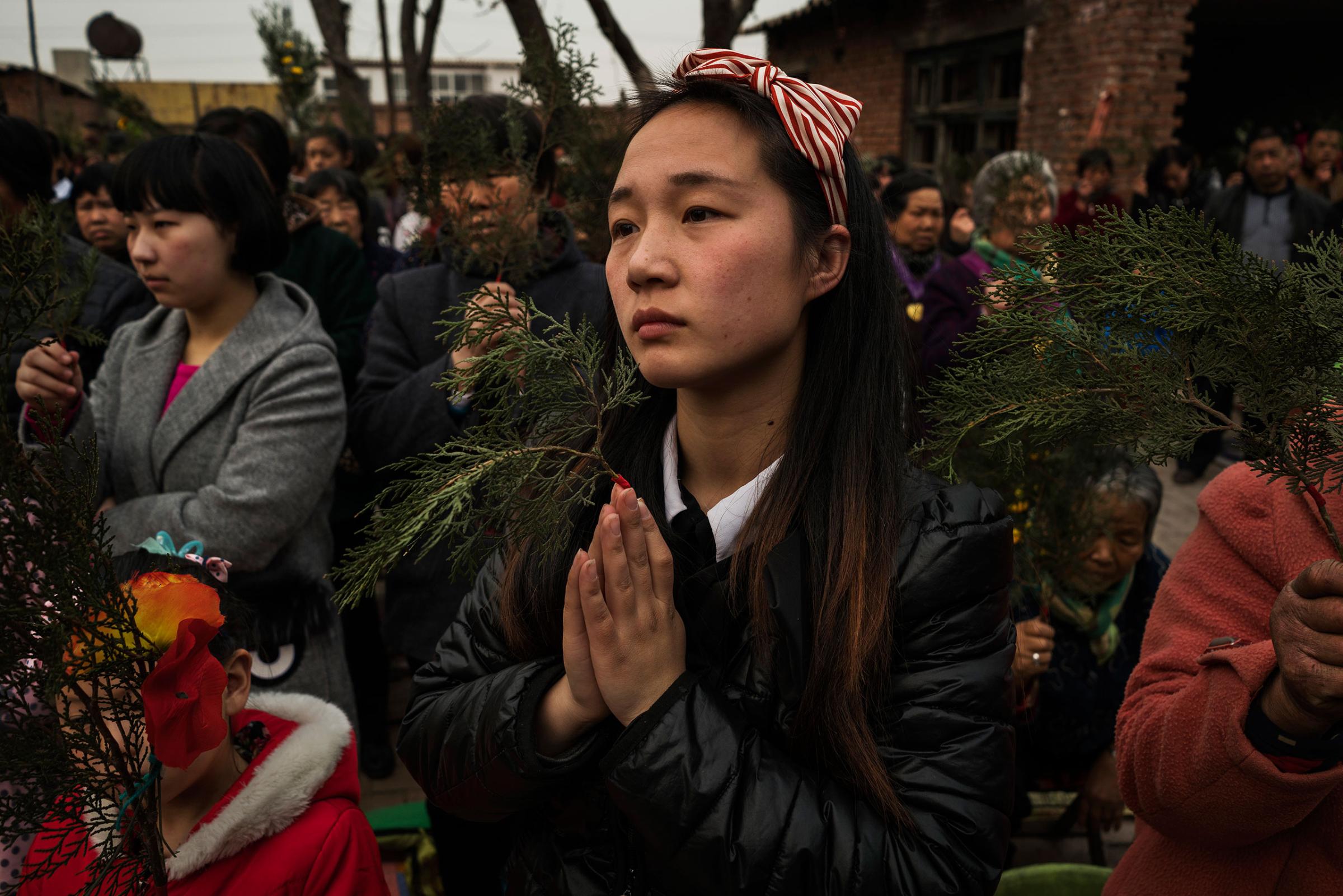
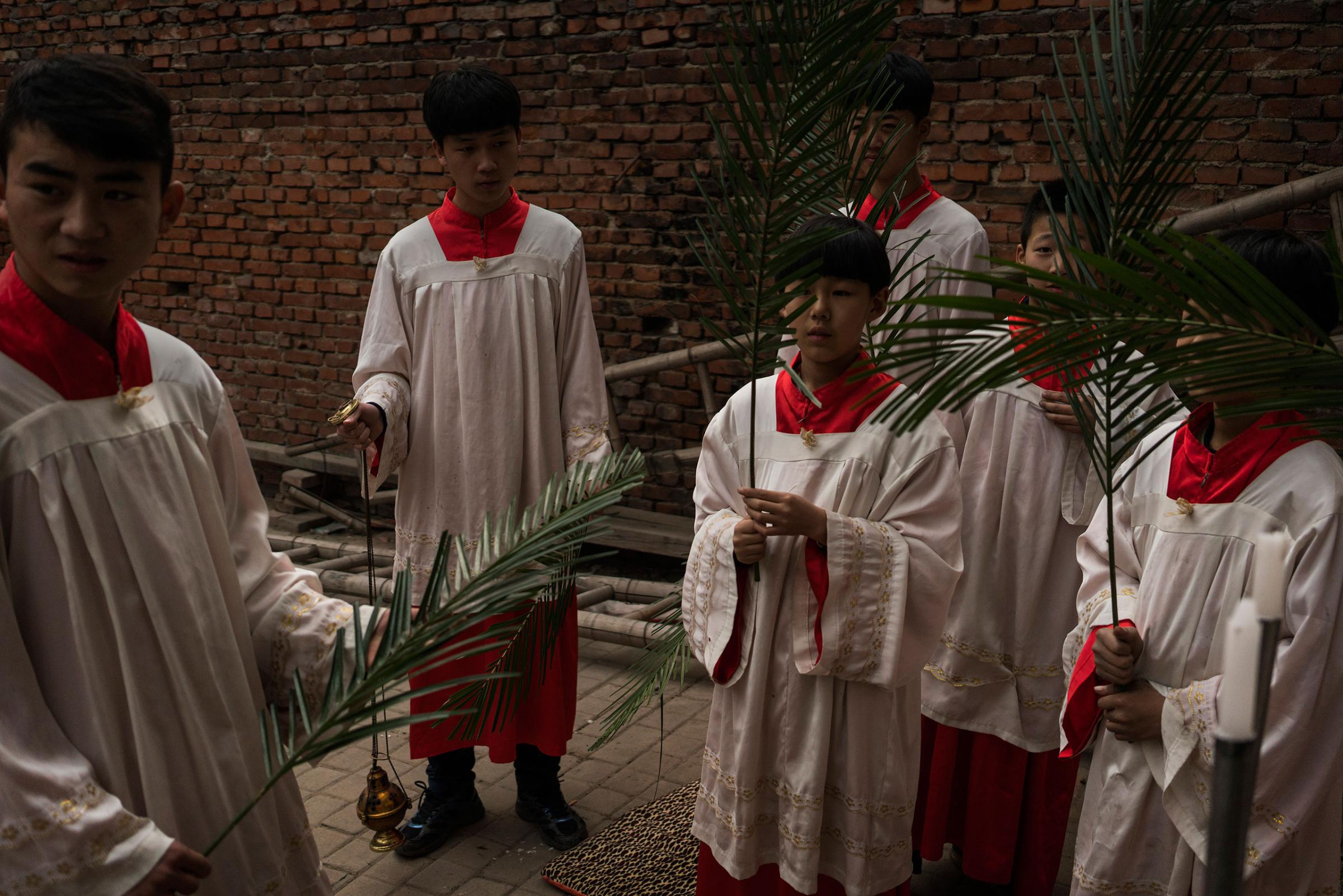
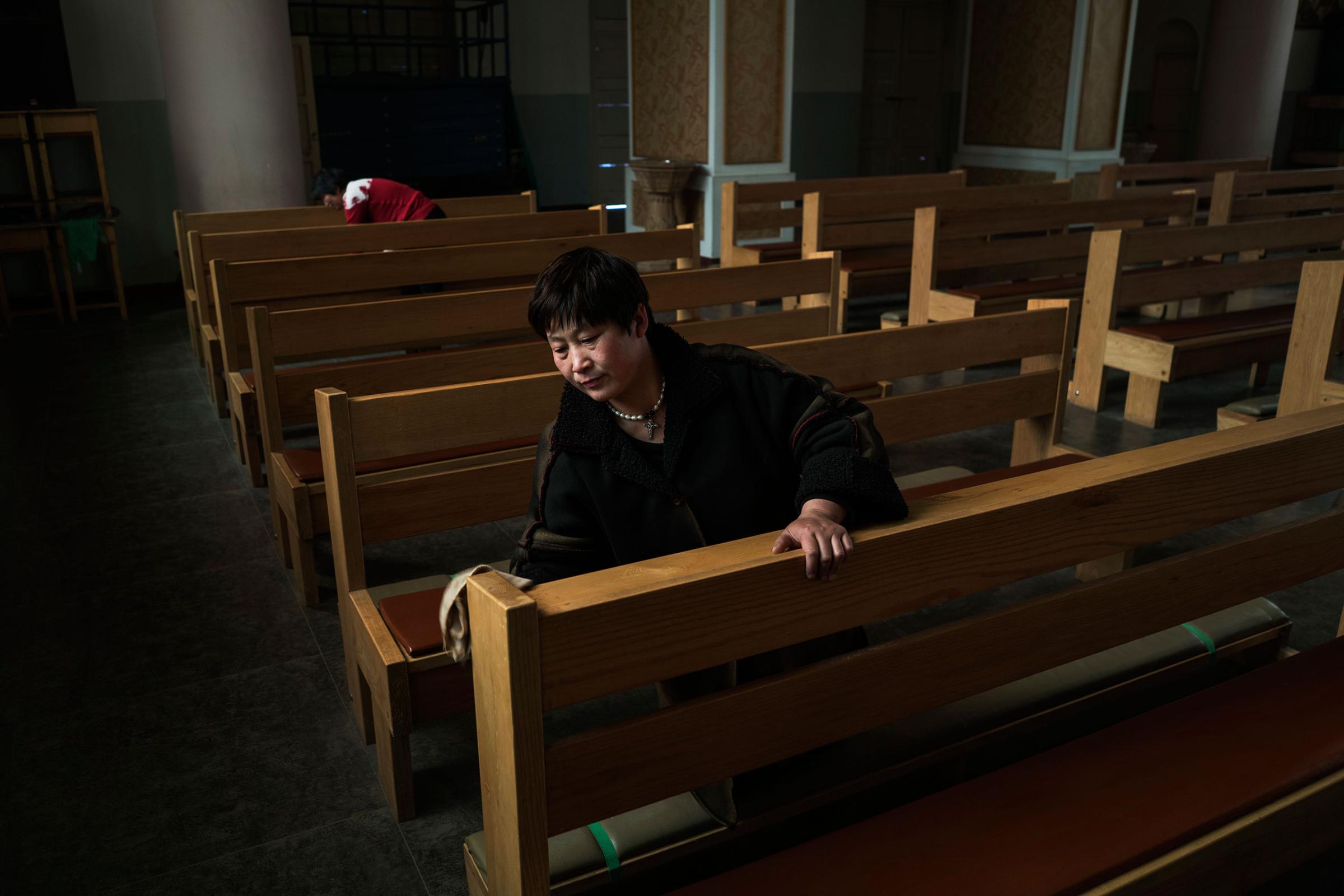
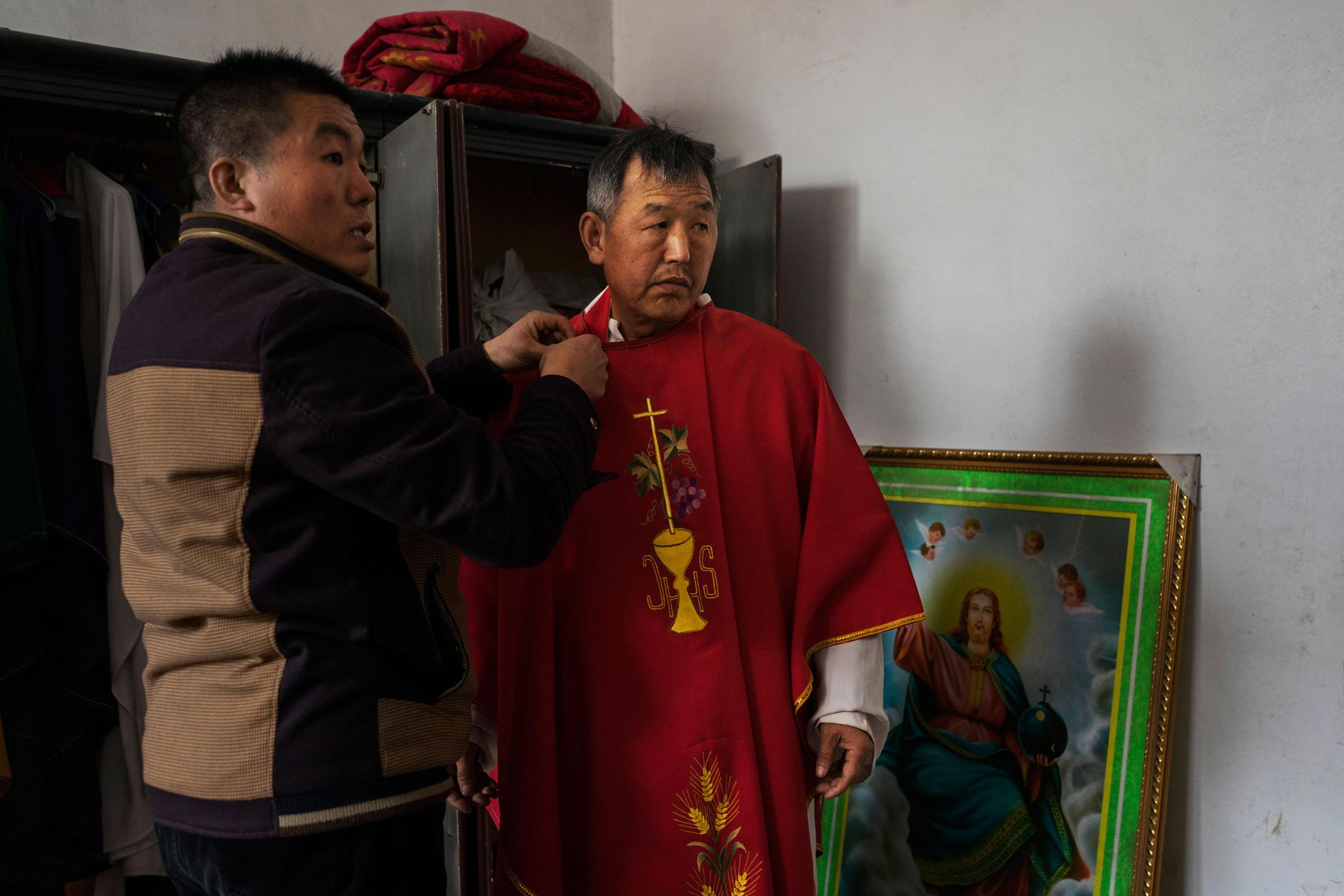
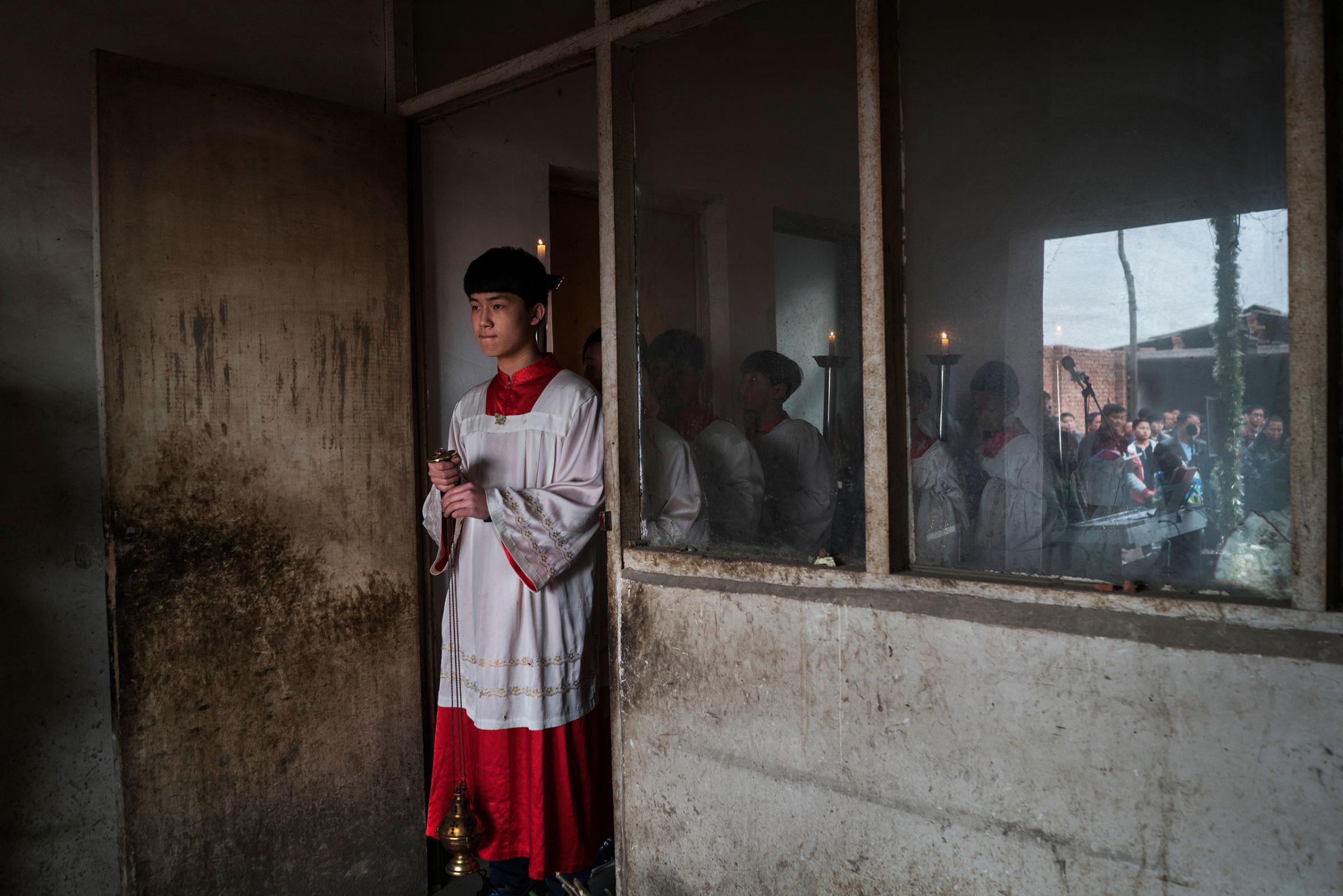
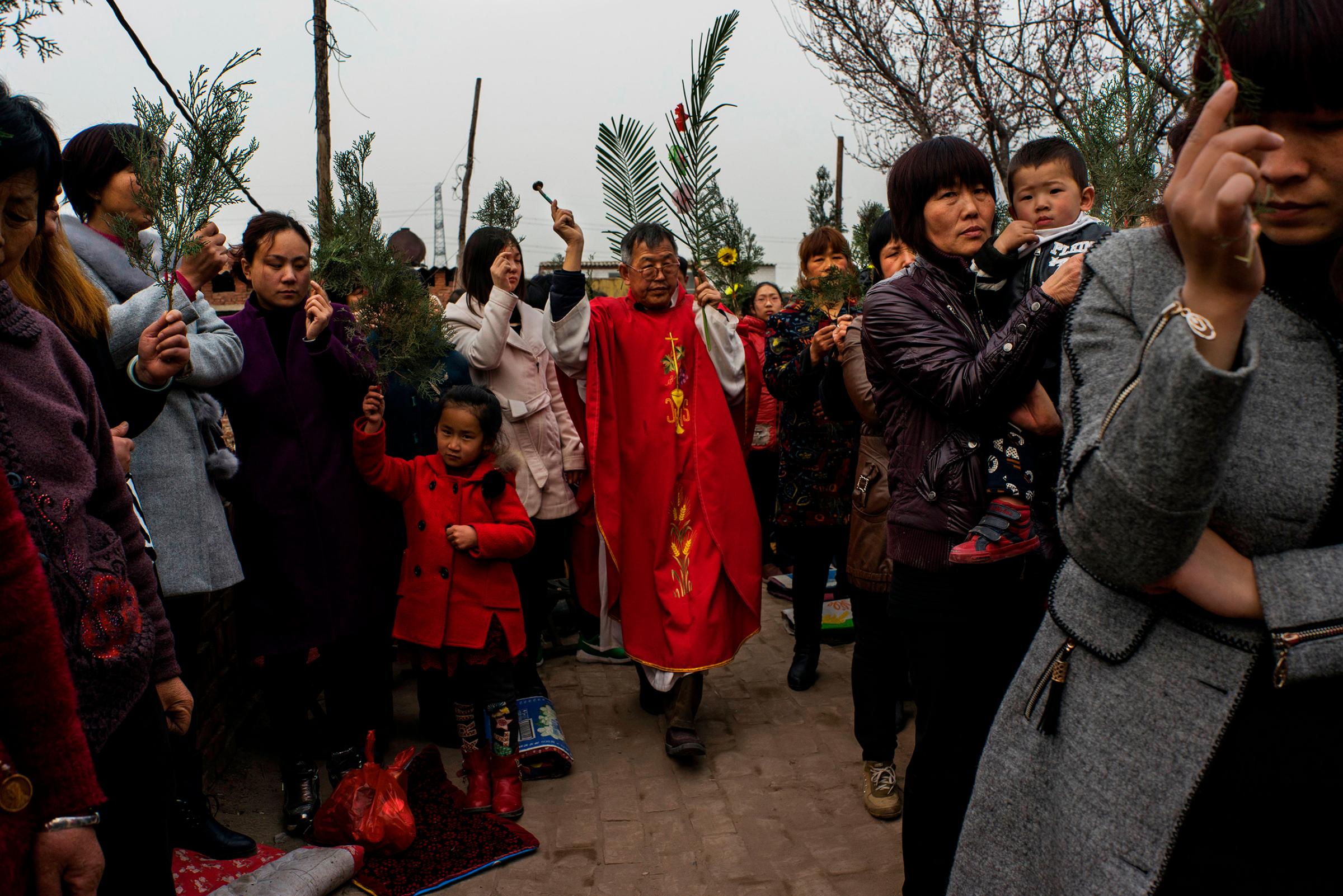
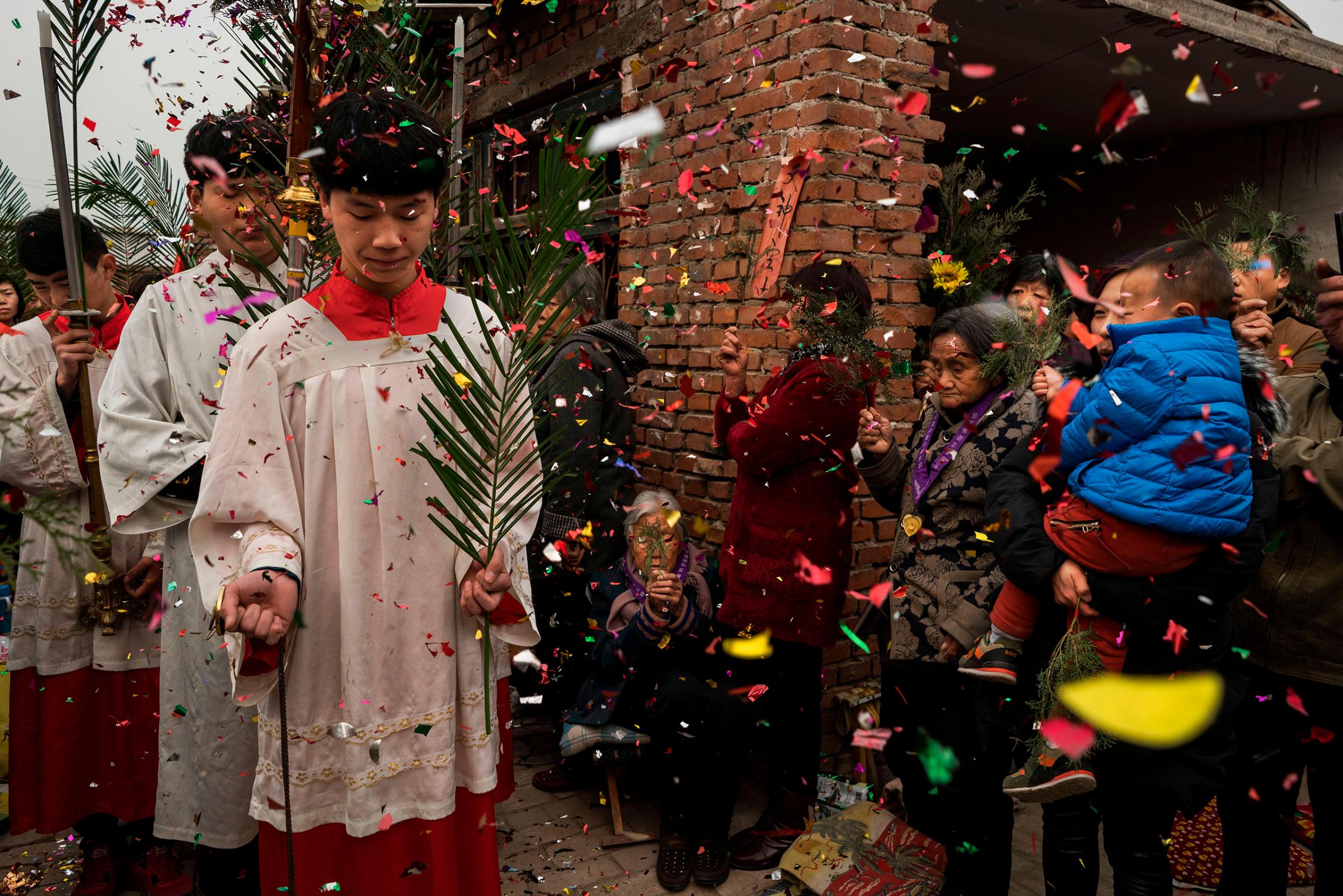
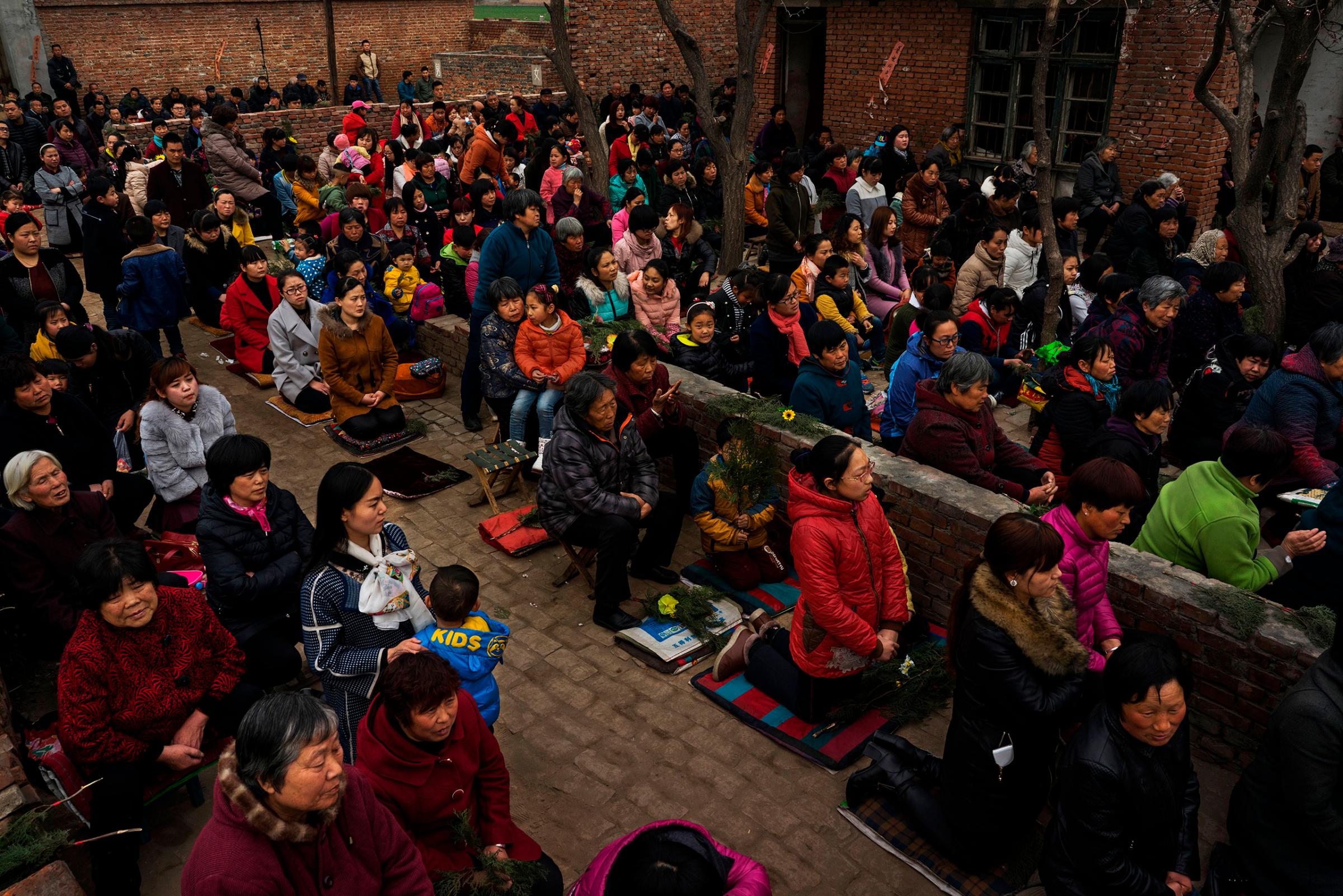
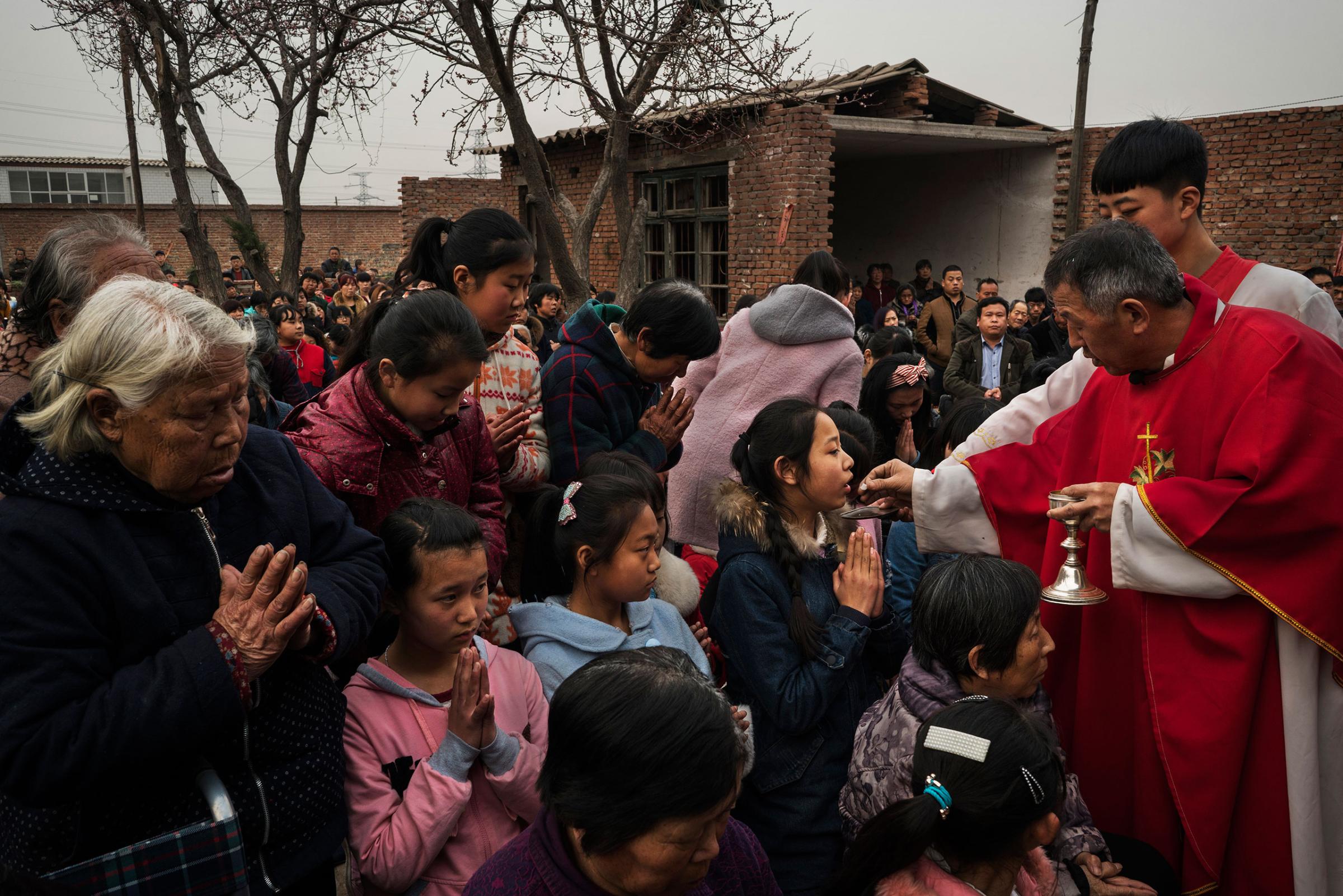
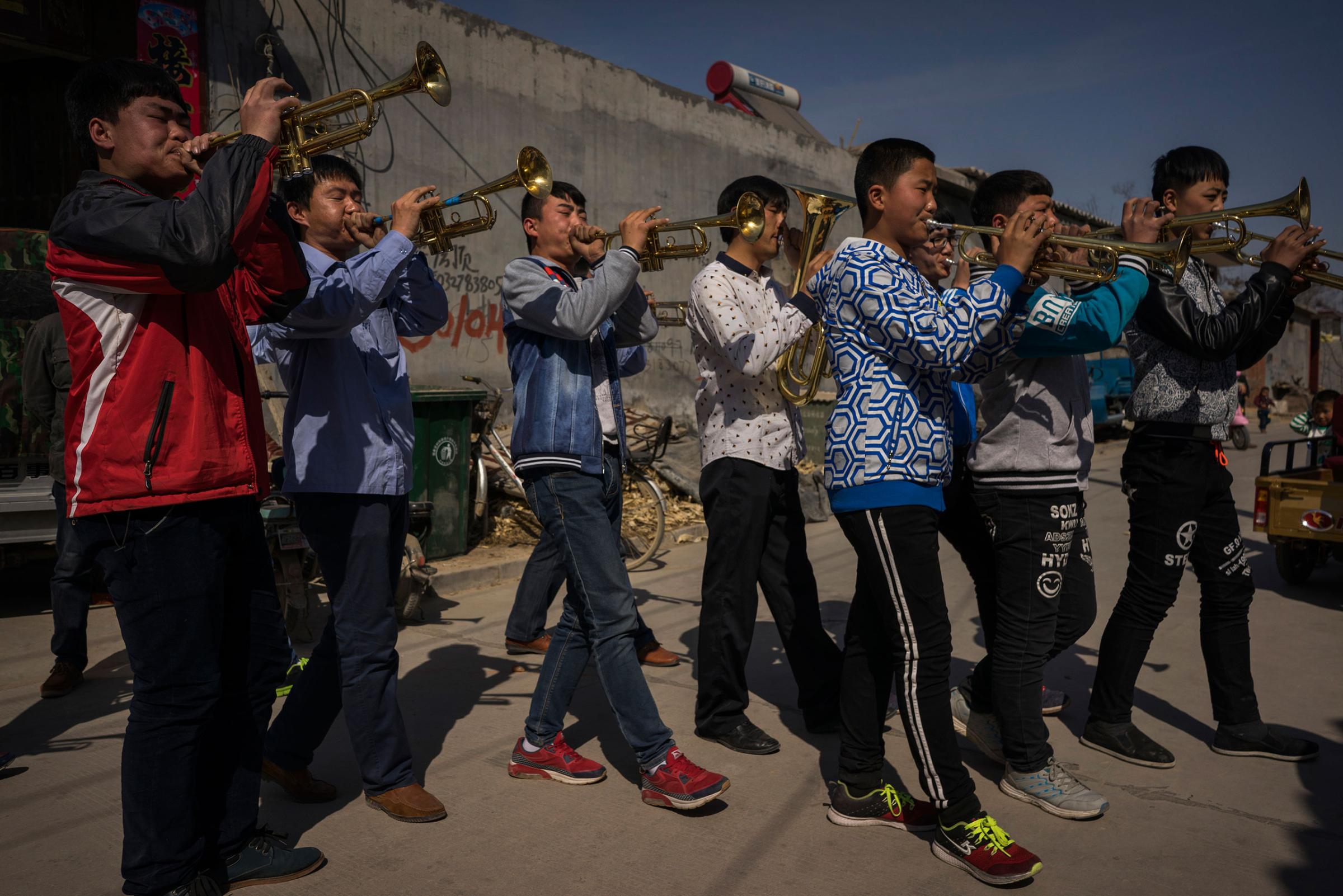
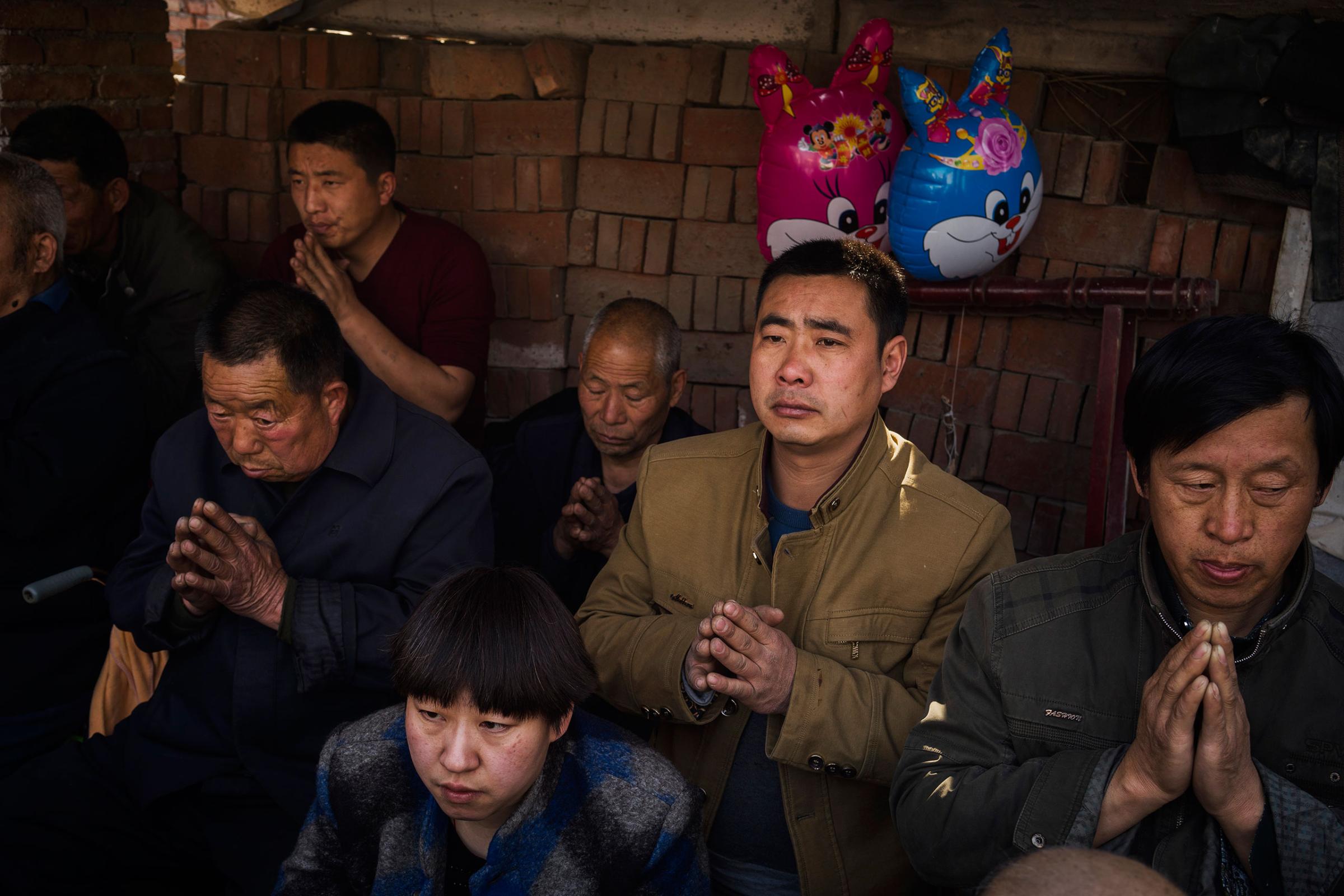
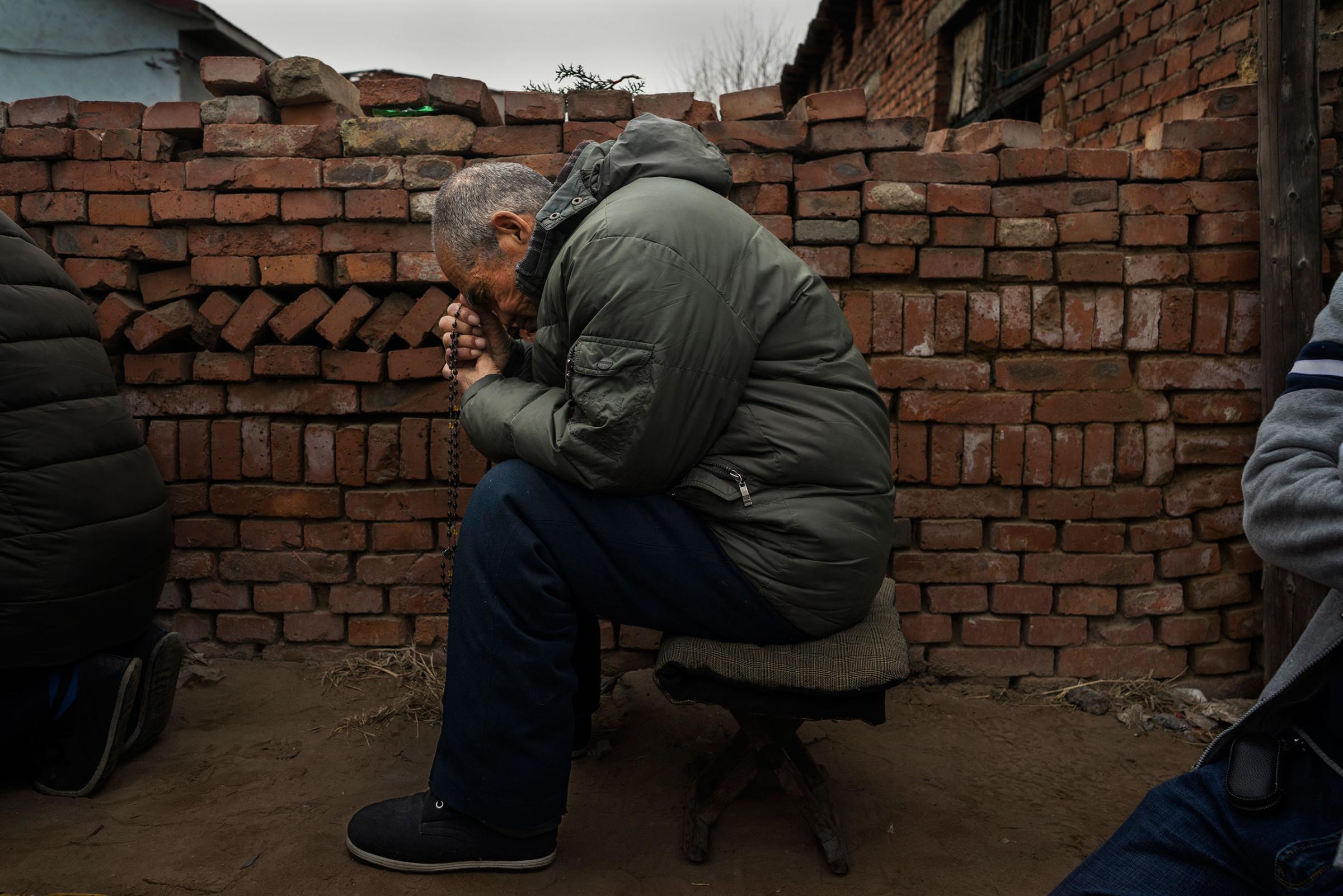
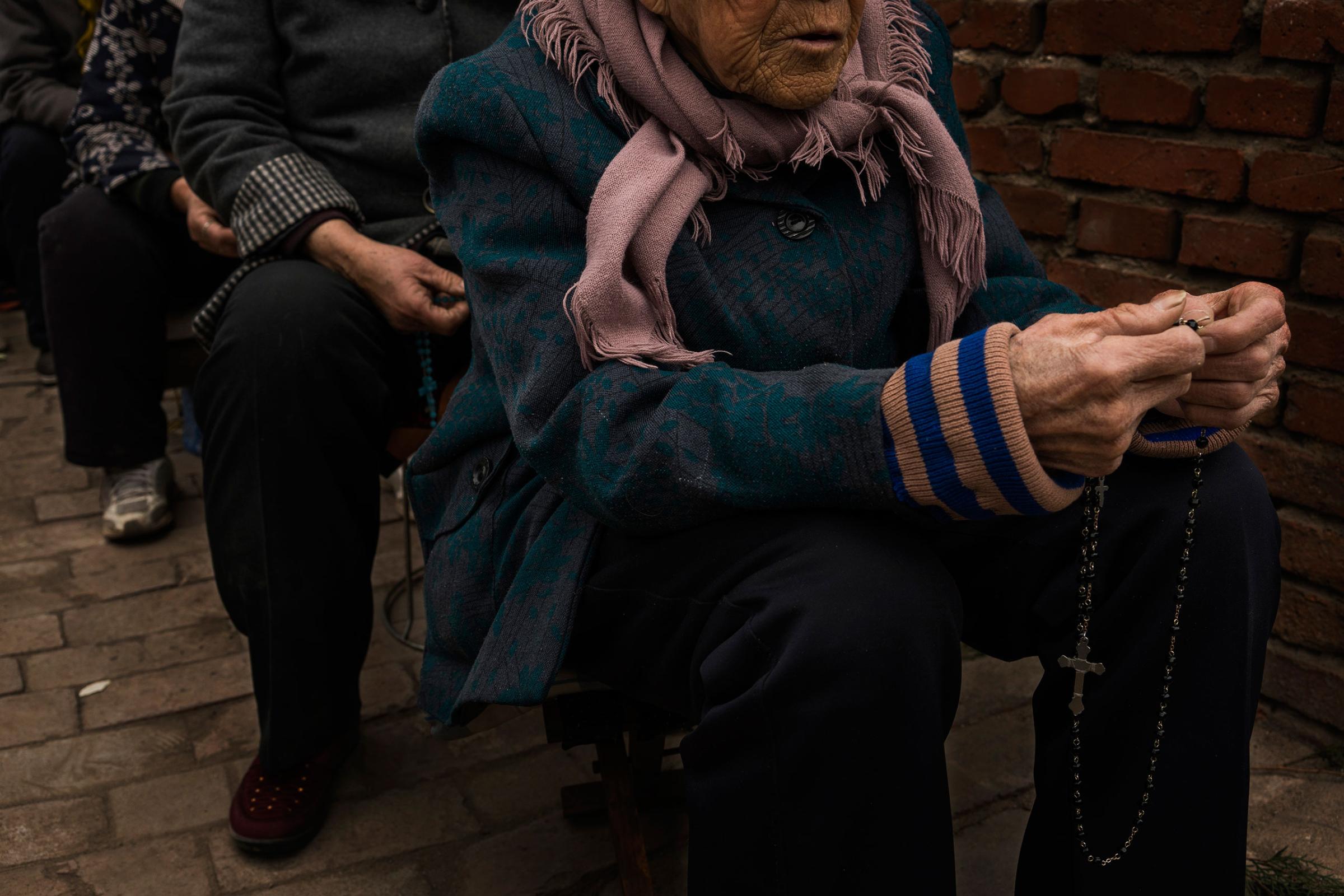
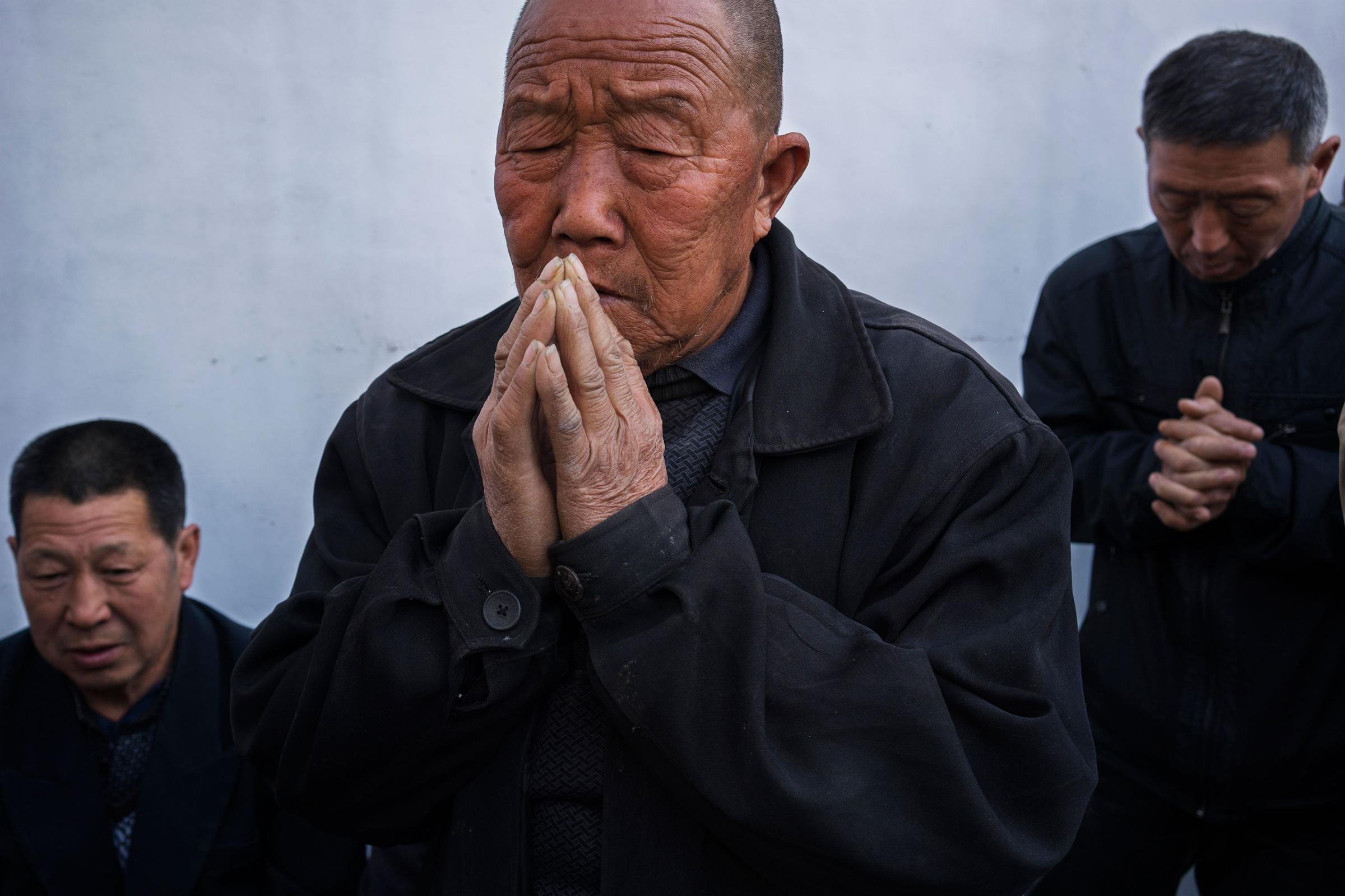
More Must-Reads from TIME
- Cybersecurity Experts Are Sounding the Alarm on DOGE
- Meet the 2025 Women of the Year
- The Harsh Truth About Disability Inclusion
- Why Do More Young Adults Have Cancer?
- Colman Domingo Leads With Radical Love
- How to Get Better at Doing Things Alone
- Michelle Zauner Stares Down the Darkness
Contact us at letters@time.com